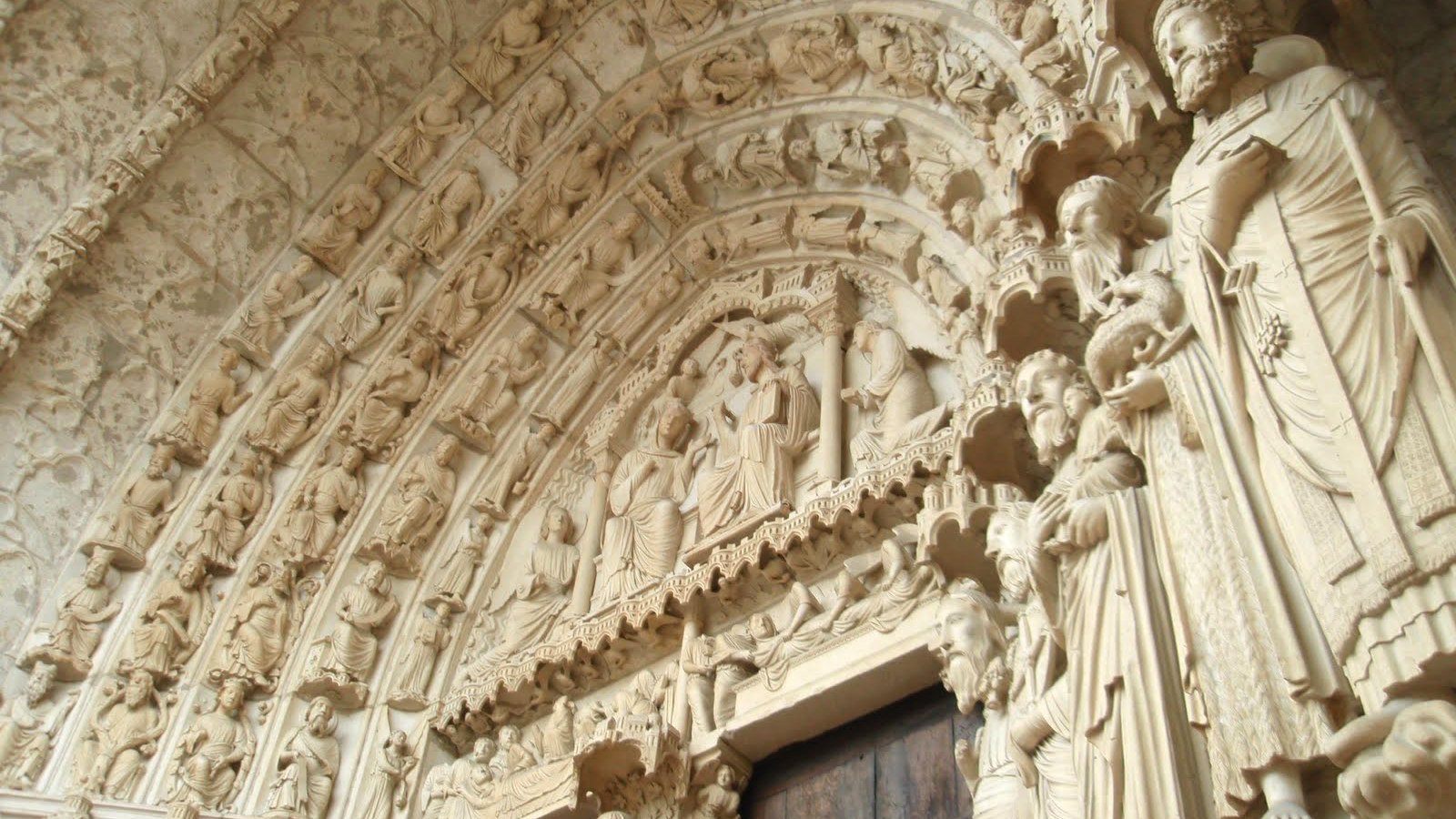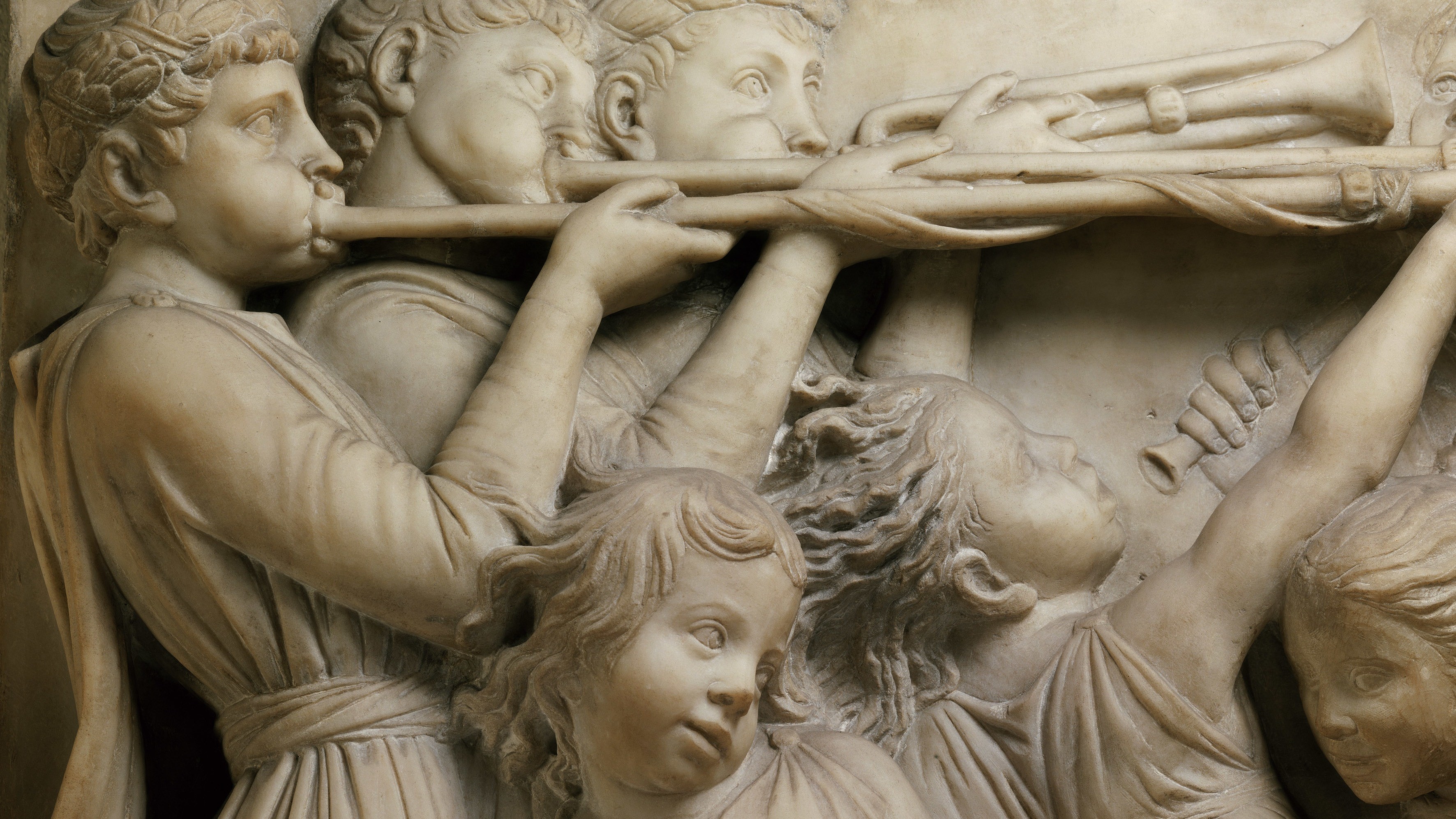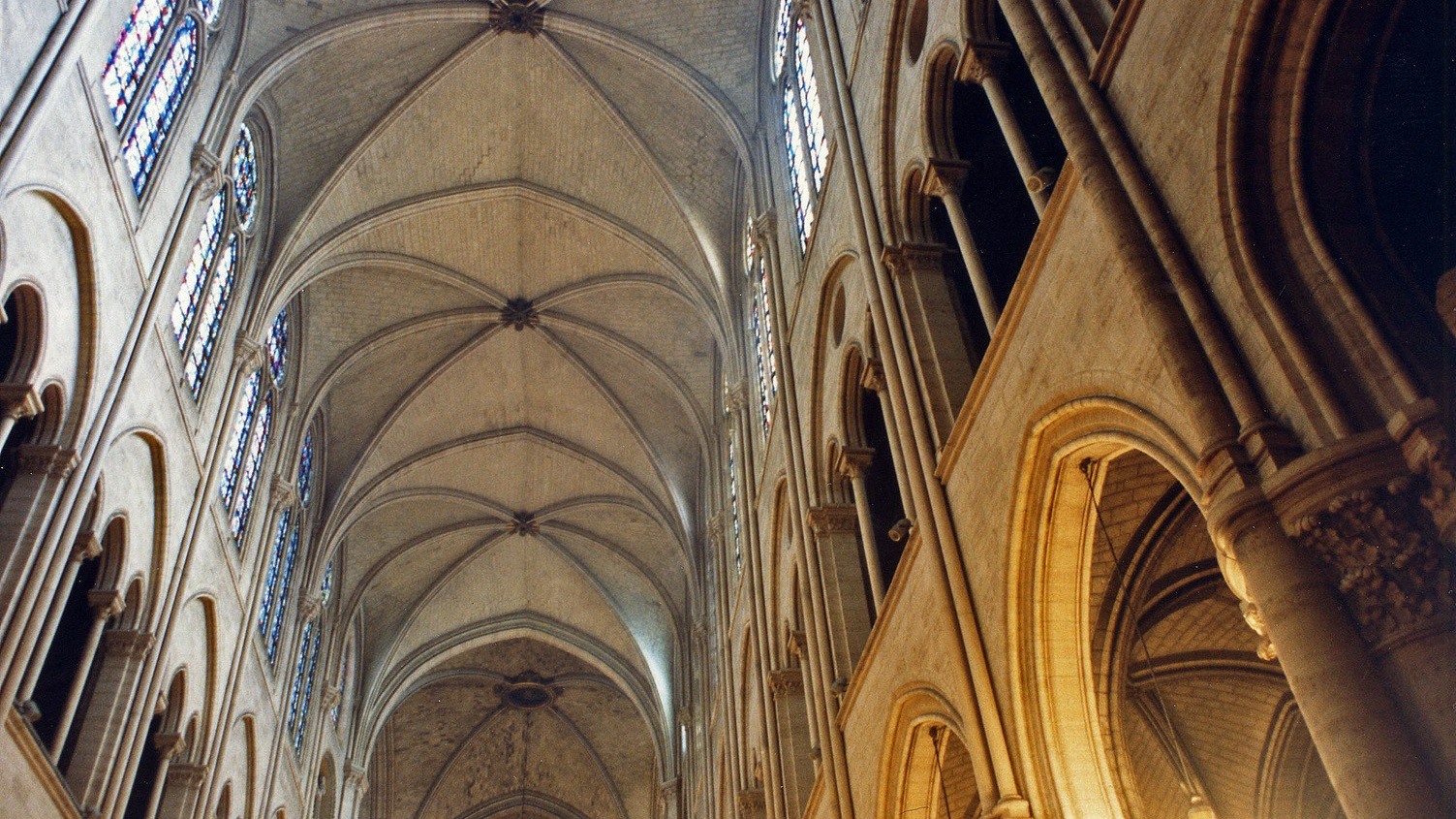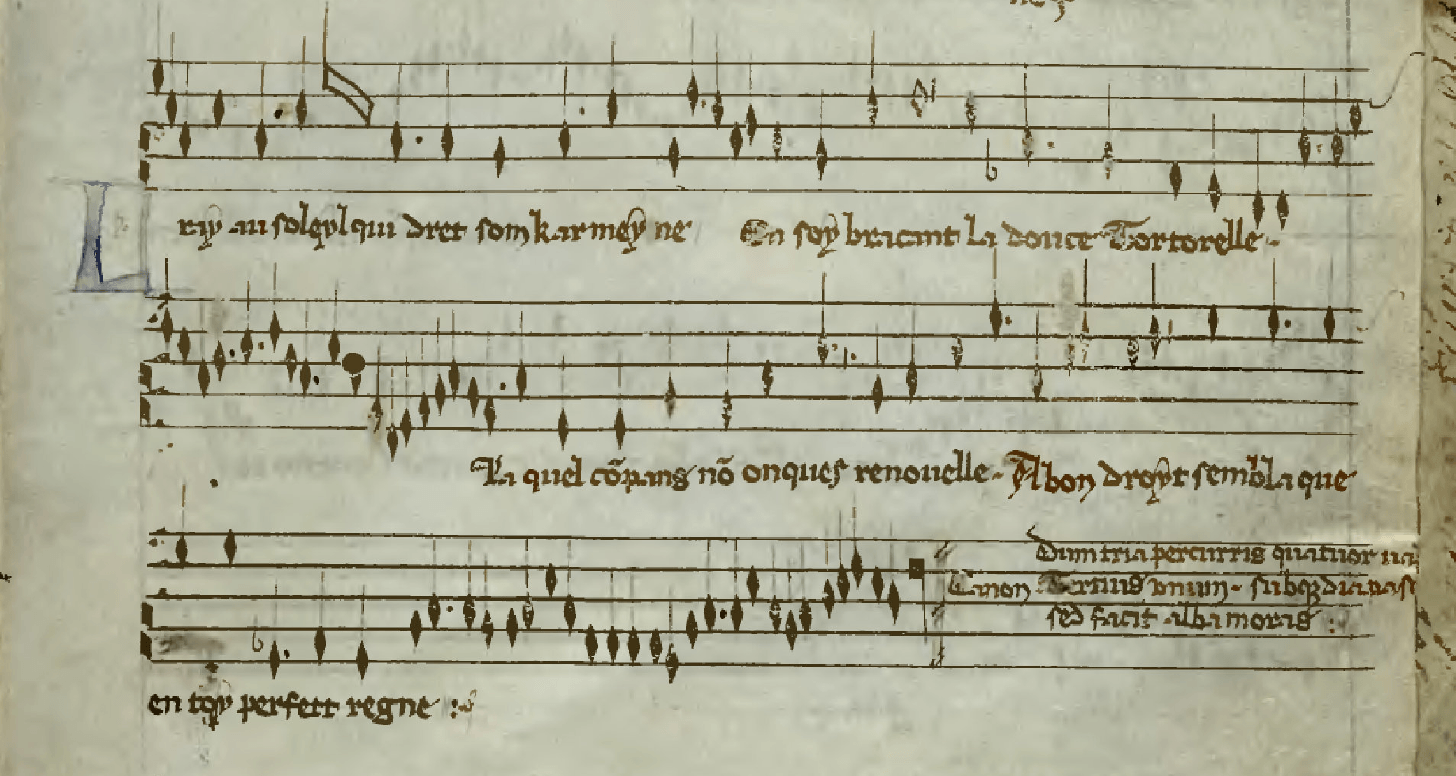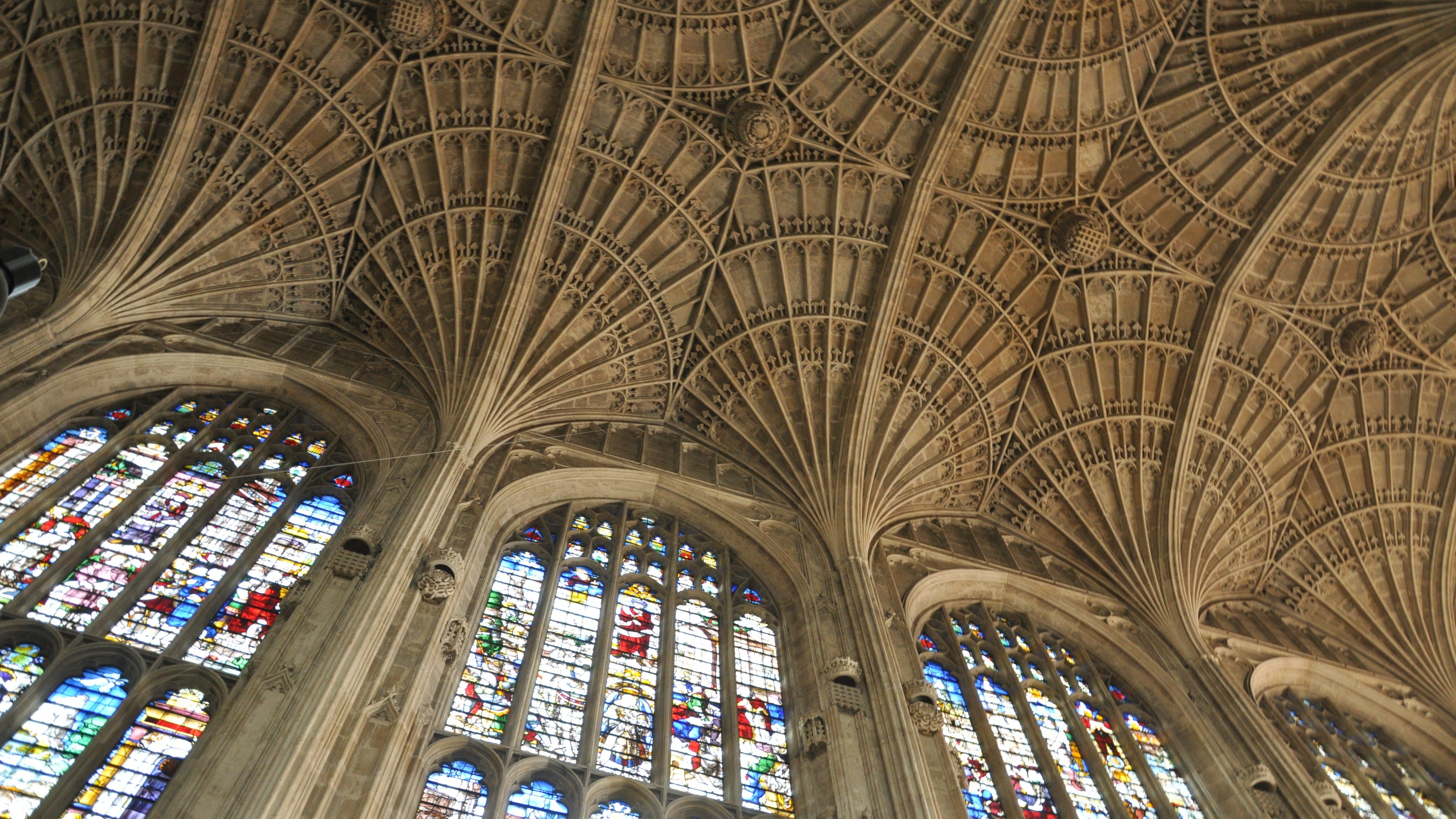A New Year’s Hymn: Music of Praetorius, Scheidt, and Bach
Happy New Year! As we embark on another exciting year of music, keep your high quality headphones or stereo system handy. Reserve a few quiet moments each day for deep, attentive listening. Share your comments below, explore the archive, and share your favorite pieces with friends. The wonders of the internet and recording technology allow us to get together every Monday, Wednesday, and Friday. We have a vast amount of music at …


